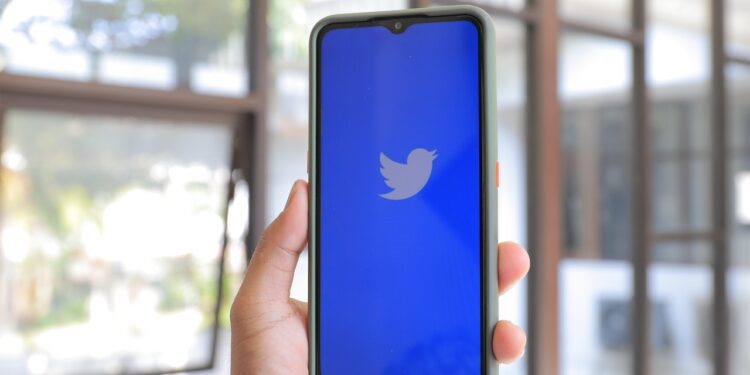The closing of Elon Musk’s $44 billion purchase of Twitter is scheduled for tomorrow. Incredibly astute financial journalists abound with commentary on this topic. I’d like to address the skeptical masses regarding Musk’s reputation.
The Elon Musk fan argument must be brilliant since he’s the wealthiest man on the planet. But if the acquisition is the huge public blunder that some predict, it might damage Musk’s most valuable asset: his reputation.
First of all, it’s not a great purchase overall. Andrea Walne, a senior partner at Manhattan Venture Partners, stated in early October, “No one thinks the firm should be valued at $44 billion.” Attempts were being made to withdraw from the arrangement by her and other investors.
Musk stated during a Tesla earnings call that “clearly, myself and other stakeholders are overspending for Twitter at the right moment.”
Twitter’s $5 billion in income last year compared to other social media platforms makes it a distant second. It was not profitable at all.
However, its massive success can be attributed partly to the efforts of influential users like Musk, who frequently post updates to Twitter to communicate with his followers, investors, and others.
Politicians and journalists use Twitter extensively, implying that the platform shapes the public debate. One thing Twitter does not do is generate revenue.
Musk allegedly promised investors a threefold increase in Twitter’s income over the next two years. The Washington Post also informed them that he intends to lay off 75 percent of the current workforce.
The figures sound a bit like the ill-fated AOL-Time Warner merger, where executives predicted $1 billion in savings and $40 billion in revenue for the combined business.
A possibility! Roelof Botha, head of Sequoia Capital and a self-proclaimed “PayPal Mafioso,” seems to agree since his profession is based on financial prowess.
If Botha is correct and Musk is successful in reviving Twitter, the service may become X, the Everything App. His wealth increases, which is good, but it doesn’t do much to improve his standing in the public eye.
A rocket has previously successfully landed on an unmanned ship, bro. It’s not so much of a feat when the student who always finishes first on maths tests continues to do so.
Contrarily, it would be noteworthy if the student who consistently scores highest on math tests publicly failed. And Musk faces another challenge: according to Reuters, Twitter’s most active users are disappearing into the ether.
Moreover, half of Twitter’s income comes from these top users. It’s not Musk’s fault that this is happening, as it has been happening since the pandemic began.
The value of Musk’s good name is substantial. Musk’s charisma has shielded Tesla and SpaceX from negative publicity, which has contributed significantly to their success. When it comes to marketing via social media, Musk has proven to be more adept than other CEOs.
He has built himself a sizable online following because of his prolific use of social media platforms like Twitter and guest spots on podcasts and video blogs. Whole Mars Catalog, for example, is part of a parallel media ecosystem that reports only positive news about Elon Musk.
Musk’s supporters claim that he gives them optimism. He describes a promising future, the kind we were promised by science fiction.
By contrast, settling for acquiring Twitter, a grounded social media site, is a huge step backward in ambition. What, the man who promised to send humans to Mars would now spend his time policing offensive posts on a website that fewer than one-fifth of the country’s population uses?

